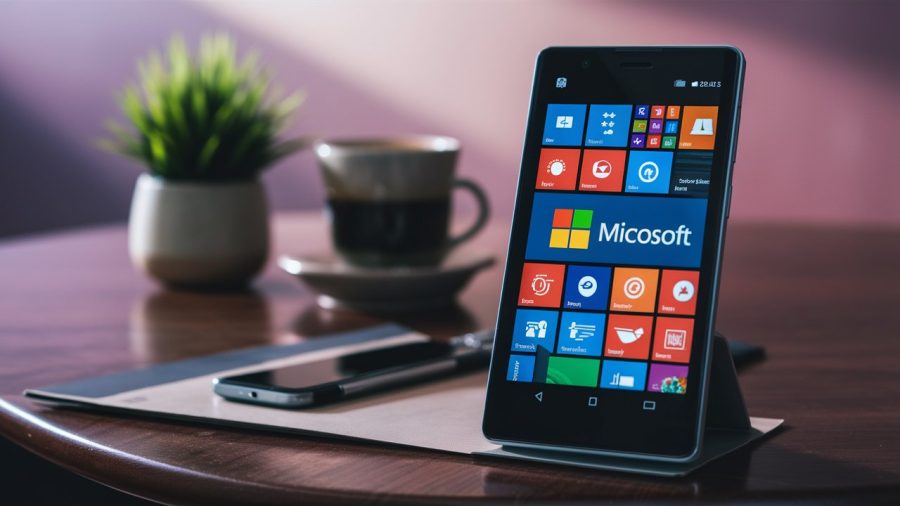Microsoft announced this week that they plan on launching their own mobile game app store to compete with Apple and Google.
The store will be browser-based and initially focused on Microsoft’s own games. There will be discounts and promotions for in-game items for popular titles like Candy Crush Saga. In the future, the tech giant will open the storefront to other publishers.
Sarah Bond, president of Xbox, announced the store at Bloomberg’s technology summit on Thursday, May 9. She said that the purpose of creating a browser-based store rather than an app is to ensure it is “accessible across all devices, all countries, no matter what, independent of the policies of closed ecosystem stores.
“We want to make sure that we start and we scale with our own IP first. That allows us to make sure that the experience we bring partners into really builds on all the quality and experience we have as a team.”
Bond continued, saying that there was a clear opportunity for Microsoft to compete based on a store that “goes truly across devices — where who you are, your library, your identity, your rewards travel with you versus being locked to a single ecosystem.”
Microsoft’s gaming division, which has seen some tough times recently, nonetheless has a solid portfolio of games, including the most popular game of all time, Minecraft. The blocky sandbox title already has a mobile version, and Bond stated that it could be an early addition to the planned storefront.
Competition in the mobile apps market
Late last year it was determined that Google had an unfair and illegal monopoly in Android apps. In their statement about the victory, Epic Games said “Over the course of the trial we saw evidence that Google was willing to pay billions of dollars to stifle alternative app stores by paying developers to abandon their own store efforts and direct distribution plans and offering highly lucrative agreements with device manufacturers in exchange for excluding competing app stores.
“These deals were meant to cement Google’s dominance as the only app store in town – and it worked. More than 95% of apps are distributed through the Play Store on Android.” Epic also mentioned the “stranglehold” Apple has over app distribution on Apple devices.
It seems that their three-year legal battle has paved the way for other competitors to move into the mobile app and games space, and Microsoft has never been known to turn its nose up at an opportunity. Whether Google and Apple will reduce or eliminate the steep fees they charge on app store purchases (currently 30% of sales) in light of increased competition brought by the impending Microsoft app store remains to be seen.
Featured image credit: generated with Ideogram


















